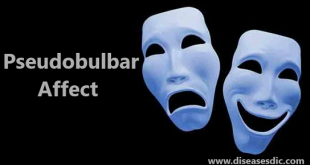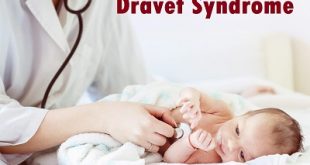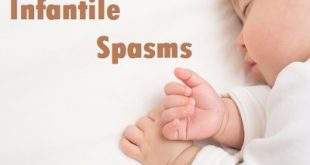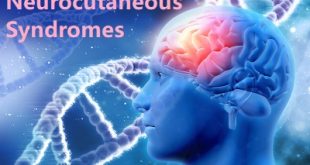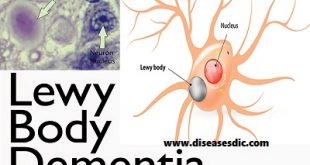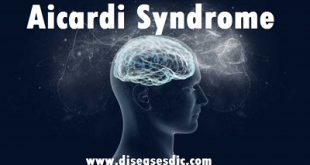Definition Kernicterus is a rare but serious neurological disorder that occurs as a result of severe hyperbilirubinemia, which is a high level of bilirubin in the blood. When red blood cells break down, they produce a yellowish substance called bilirubin. The liver normally processes and excretes it. In the case …
Read More »Pseudobulbar Affect (PBA) – Overview, Causes and Prevention
Overview Pseudobulbar affect (PBA), also known as emotional incontinence, is a neurological condition characterized by involuntary and uncontrollable episodes of laughing or crying that are exaggerated or unrelated to the person’s emotional state. People with PBA may find themselves laughing or crying suddenly and inappropriately, even when they do not …
Read More »Dravet Syndrome (DS) – Causes, Complications and Treatment
What is Dravet Syndrome? Dravet syndrome is an uncommon condition marked by seizures and developmental challenges. Onset of seizures happens prior to the age of 1, while cognitive, behavioral, and physical issues typically manifest around ages 2 or 3. It’s important to note that Dravet syndrome is a lifelong ailment. …
Read More »Infantile Spasms (IS) – Causes, Risk Factors and Pathophysiology
Definition Infantile spasms, also known as West syndrome, is a rare and severe form of epilepsy that typically occurs in infants during the first year of life, most commonly between 3 and 8 months of age. It is characterized by brief, sudden muscle contractions or spasms that often cluster together …
Read More »Neurocutaneous Syndromes – Symptoms and Causes
What are Neurocutaneous Syndromes? Neurocutaneous syndromes is the term used for a group of rare neurological disorders that affect the brain, spinal cord, organs, skin, bones and peripheral nerve. Present at birth (congenital), these disorders are chronic, lifelong conditions. Each disorder has different symptoms, and can include tumors, hearing loss, …
Read More »Hemiplegia – Types, Causes and Treatment
Definition Hemiplegia refers to the severe or complete loss of motor function on one side of the body. Depending on the side of the body that is affected, hemiplegia is further classified as right or left hemiplegia. Hemiplegia is usually caused by brain damage localized to the cerebral hemisphere opposite the affected side. For example, injury to the left …
Read More »Lewy Body Dementia – Description, Causes, and Prevention.
Lewy body dementia – Overview Lewy body dementia, also known as dementia with Lewy bodies, is the second most common type of progressive dementia after Alzheimer’s disease. Protein deposits, called Lewy bodies, develop in nerve cells in the brain regions involved in thinking, memory and movement (motor control). Lewy body …
Read More »Aicardi syndrome – Causes, Diagnosis and Treatment
Definition Aicardi syndrome is a disorder that occurs almost exclusively in females. It is characterized by three main features that occur together in most affected individuals. People with this syndrome have absent or underdeveloped tissue connecting the left and right halves of the brain (agenesis or dysgenesis of the corpus …
Read More » Diseases Treatments Dictionary This is complete solution to read all diseases treatments Which covers Prevention, Causes, Symptoms, Medical Terms, Drugs, Prescription, Natural Remedies with cures and Treatments. Most of the common diseases were listed in names, split with categories.
Diseases Treatments Dictionary This is complete solution to read all diseases treatments Which covers Prevention, Causes, Symptoms, Medical Terms, Drugs, Prescription, Natural Remedies with cures and Treatments. Most of the common diseases were listed in names, split with categories.

